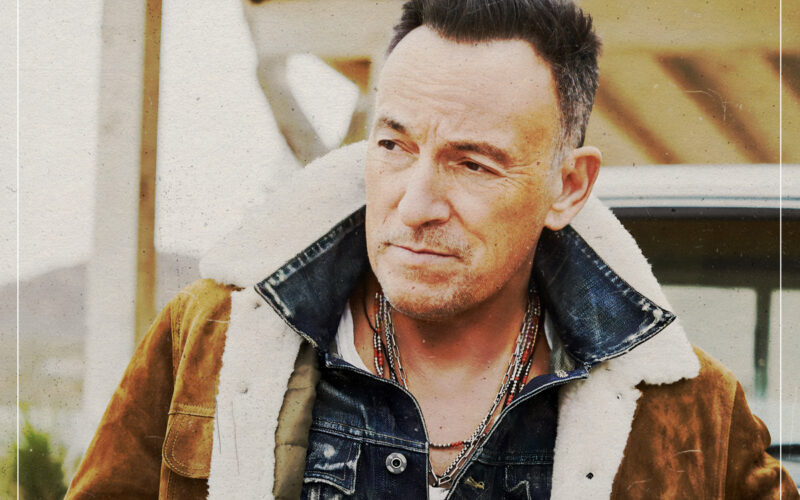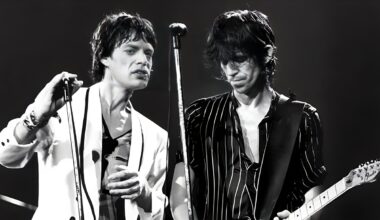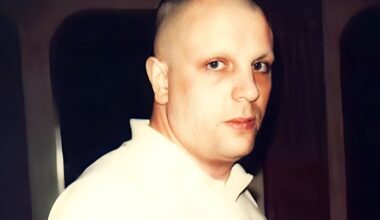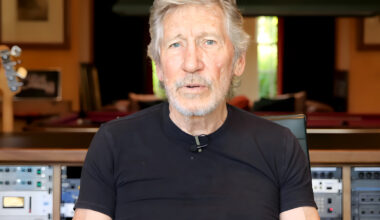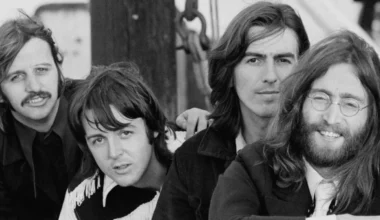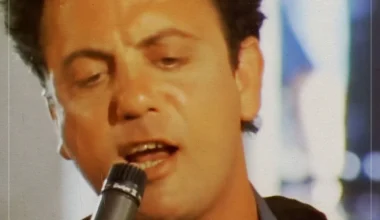Unfortunately for Bruce Springsteen and probably also some of his most loyal fans, his career is often simplified to the success of one or two albums in particular, and the ripple effect that they each had on his political position as a contemporary artist.
And while it doesn’t do anyone any favours to disregard the cultural importance of records like Nebraska or his many brilliant protest songs, they’re actually a fairly good starting point.
At the moment, there seems to be a disparity when it comes to Springsteen’s legacy, and not just for the reasons you might think. Because, at the crux of it, Springsteen is currently central to a debate about artists being too political and not political enough. And while the latter is probably akin to saying My Chemical Romance wasn’t sparked by the political hotbed that spawned post-9/11, ‘The Boss’ also exudes sociopolitical activism like he doesn’t know how to be any other way.
But contrary to popular belief, the firecracker from the working class wasn’t always this way. In fact, it took him about a decade to get there, and only then was it his Born in the USA tour that commercially hammered the message home. Even if it was completely off the mark by being an unintentional win for the Republican reign, with endorsements from Ronald Reagan, who saw it as a hoisted flag for traditional American values.
But before that, the pot had already stirred with his breakthrough, Born to Run, the record that saw him take the perils of the American youth and turn it into something more commanding, like trying to break free from society’s shackles with the kind of renewed, heroic fervour you’d see in countless movies, the title itself reflecting this restlesness in a way that sparked unified energy and passion. As the singer once said, “[The title] suggested a cinematic drama I thought would work with the music I was hearing in my head.”
But the entire political crux of the album also centred around loneliness, being lost, and general individualistic malaise, or, as Springsteen said, “about being nowhere”. Using his own experiences as a springboard and cultural developments as context, this came in distinctive shapes and sizes, like the quest for companionship in ‘Thunder Road’, or the urgency to escape in the title track. But adding to the growing list of things that made Springsteen eternally admirable was also the fact that Born to Run was never really going to be a resting place or the pinnacle of his vision.

As evidenced by the following release, Darkness on the Edge of Town. Shunning the broader, more figurative political basis of Born to Run and shifting towards something more personal, Edge of Town focused more heavily on interpersonal dynamics and how specific struggles can only be understood, empathised with and related to if we get to know the real people beneath the rubble. No longer was he concerned with stating things without real intent, as he explained to The Guardian: “I just referred to my experiences growing up – my parents’ lives, my sister’s life.”
And so his quest to leave Born to Run behind began. “I was very concerned about writing music that I felt an adult voice could sing,” he explained.
Adding: “I felt that was a trap some bands fell into. I never wanted to have to come out on stage and pretend. Of course, it’s all pretending, I suppose. But I wanted to feel comfortable in my own skin.”
Looking at Springsteen’s reflections on his own records, there’s a clear progression there, through what it means to be political and how the label is often a façade that doesn’t mean anything unless the music itself becomes more nuanced about what it’s trying to say. “You have to come face to face with a lot of your weaknesses and the things you do poorly, so that you’re able to assess the landscape and find out what are the righteous paths you can travel down,” he added, reflecting on the follow-up record, The River.
